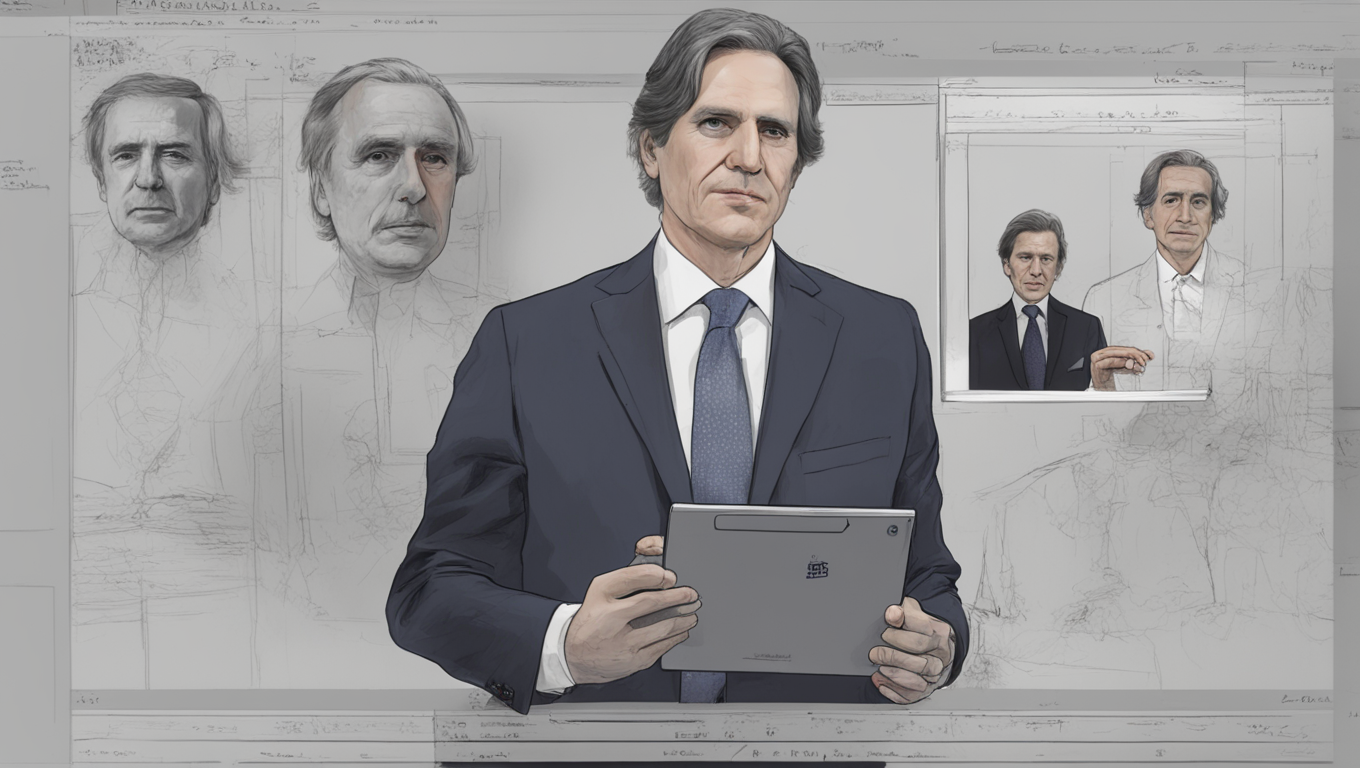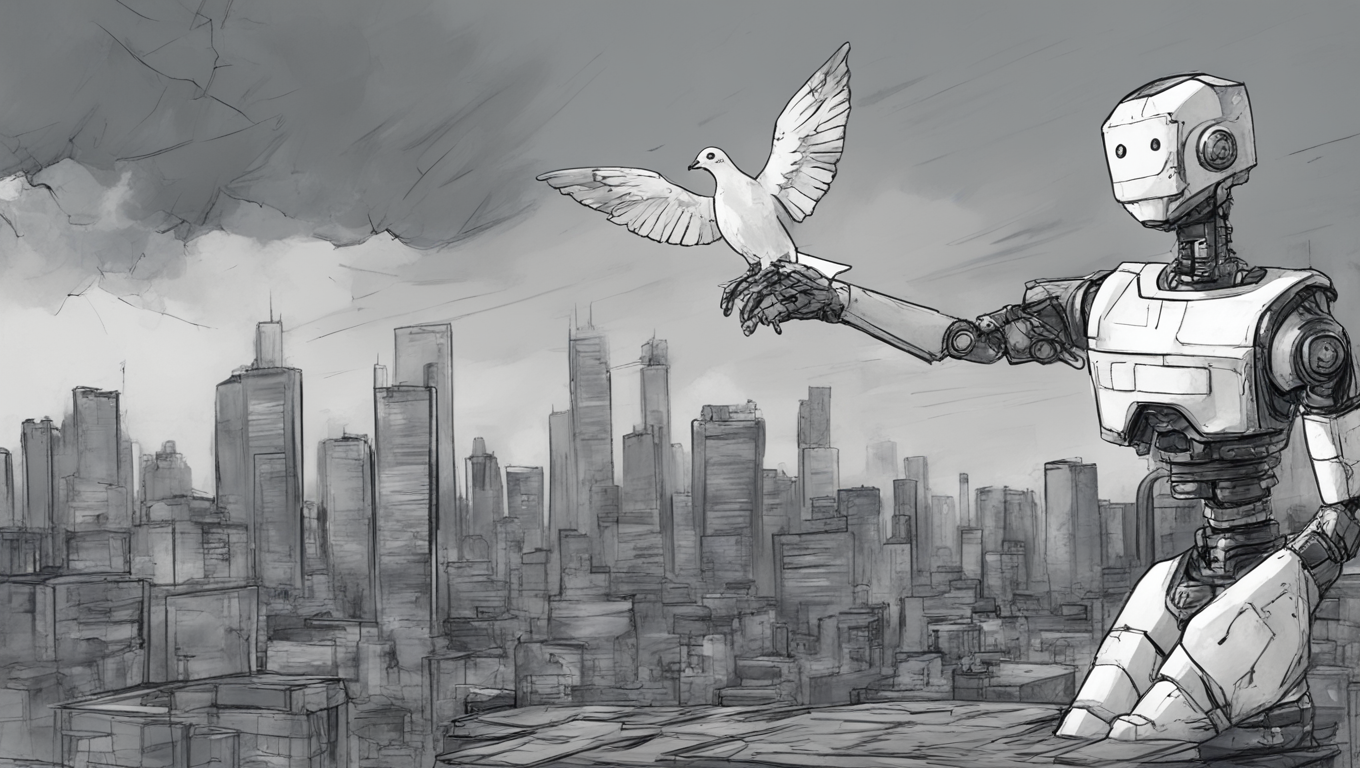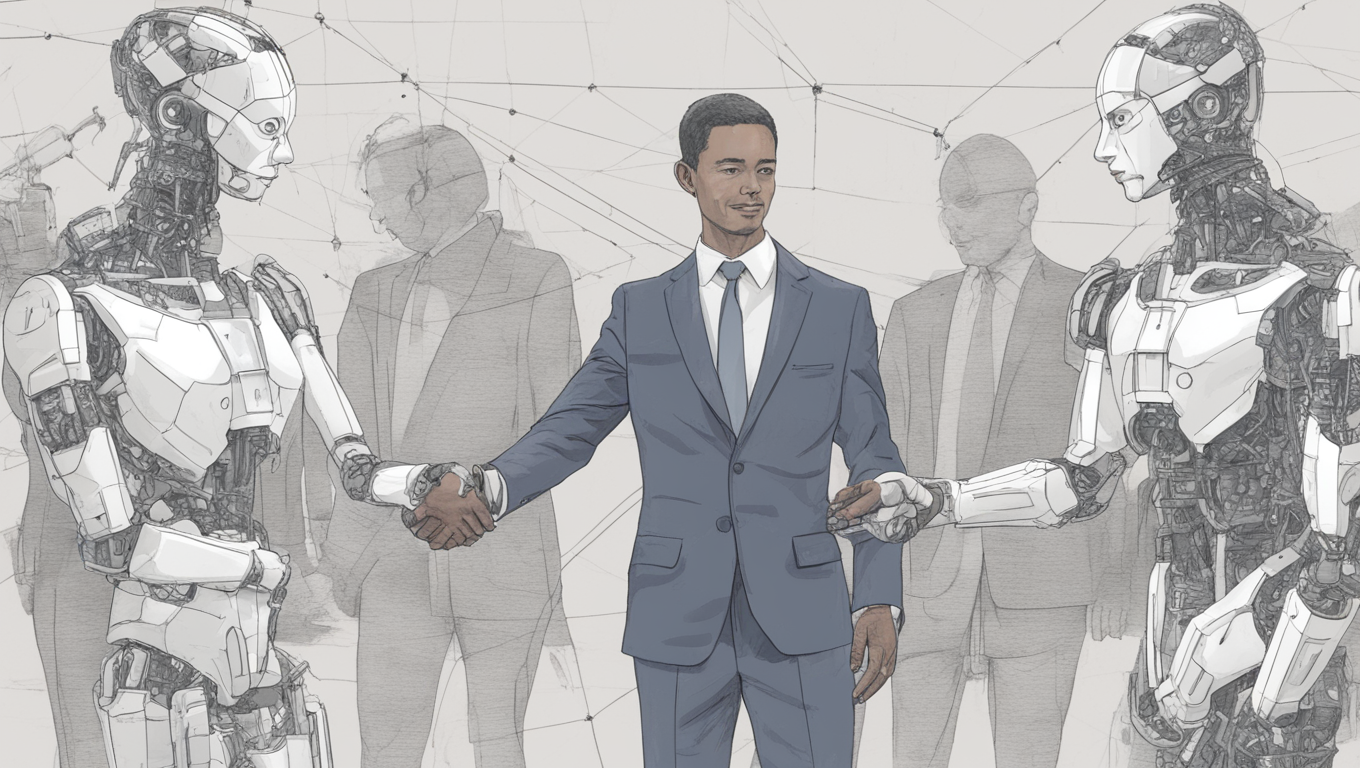As the dust settled on Argentina’s turbulent elections, a new victor emerged: Javier Milei, armed not just with political acumen but with a weapon that’s increasingly shaping the battlefield of democracy—artificial intelligence. In the war of perceptions and information, AI entwined itself in the fabric of this political saga in new and ethereal ways, spotlighting a phenomenon that may alter the foundation of how societies choose their leaders.
In the lead-up to the decisive vote, Milei’s campaign employed AI with cunning creativity, generating a startling image that would capture the eyes and screens of millions. The deepfake depicted his Peronist adversary, Sergio Massa, as a stark emblem of bygone political extremism. The image, which resonated strongly across social media, served as a stark reminder of the potent blend of AI and politics. “There were troubling signs of AI use,” remarked Darrell West of the Brookings Institution, underscoring the potency of AI’s role as a double-edged sword—equally capable of informing or deceiving.
Milei’s victory, secured with a commanding 56% majority, hinged on more than traditional political tactics. Both campaigns—the insurgent libertarians and the establishment Peronists—embraced the digital sorcery of AI, deploying a trove of artificial imagery designed to stir the hearts and minds of a disenchanted electorate. From the whimsical to the downright absurd, Massa’s likeness as a Roman Emperor, a triumphant boxer, or even a valiant World War I soldier adorned social feeds, speaking volumes of the AI-crafted narratives that political choreographers pushed to the limelight.
Yet this saga reached beyond the borders of Argentina, foreshadowing a greater global narrative. “Around the world, these tools to create fake images are being used to try and demonize the opposition,” West pointed out, touching upon the shifting sands beneath the institutions of democracy worldwide.
While satire has long been the benign cousin in the family of political expression, AI threatens to blur the lines. Algorithms now meticulously trained can spawn unsettlingly realistic deepfakes—falsehoods that can erode the public’s ability to discern truth from fiction. A video purporting to show Massa engaging in drug use, an insidious manipulation, illustrated just how poignant the risk has become.
What does this mean for the sanctity of the democratic process? Tech watchdogs like Richard Kuchta of Reset, draw attention to the pressing challenge at hand. “It is clearly a cat and mouse game,” he expressed with a sense of urgency. Social media giants such as Meta Platforms have begun to respond, pledging measures to ensure advertisers disclose AI alterations in political ads. Likewise, in the United States, senators are crafting legislation aimed at protecting the electorate from AI’s deceptive allure in the political arena.
Despite these initiatives, the battlefield remains fraught with uncertainty. As Olivia Sohr from Chequeado noted, the true aftermath of AI’s influence on misinformation is yet to fully unfold. While AI may be in its infancy, its potential to escalate disinformation to unprecedented heights is undeniable, though currently, other less sophisticated methods remain just as effective and prevalent.
The “Milei effect” on democracy speaks to a broader story, one intertwining technology and governance in an intricate dance. The conversation is just beginning, and as AI continues to evolve, so too must the systems that safeguard the integrity of our democratic institutions. In the age of deepfakes and AI, the stories we craft and consume may well dictate not just the narratives of elections, but the very future of truth itself.





Use the share button below if you liked it.